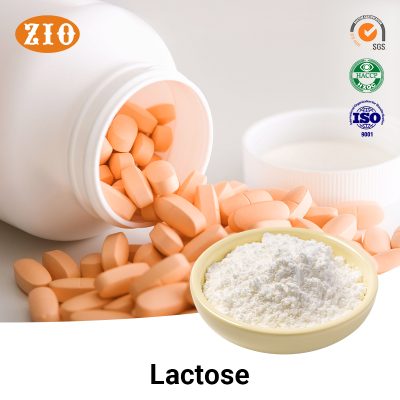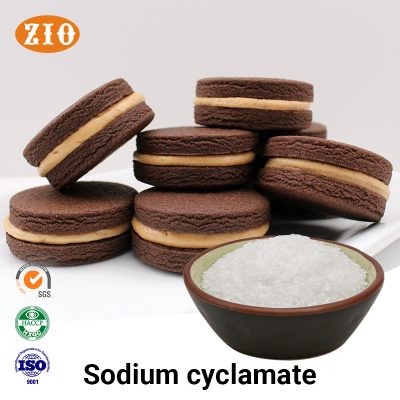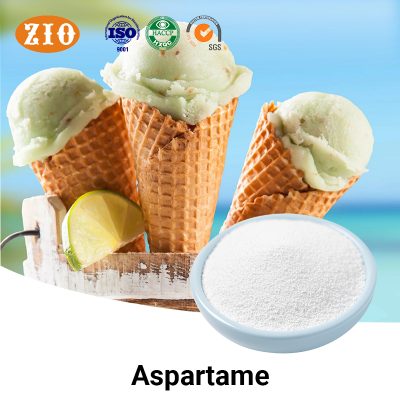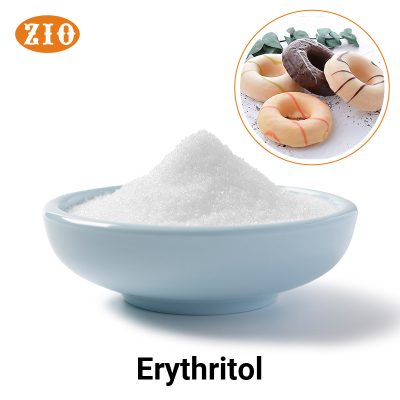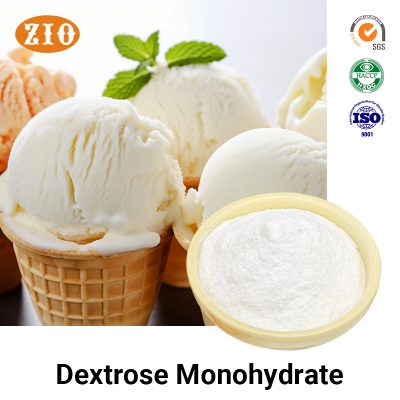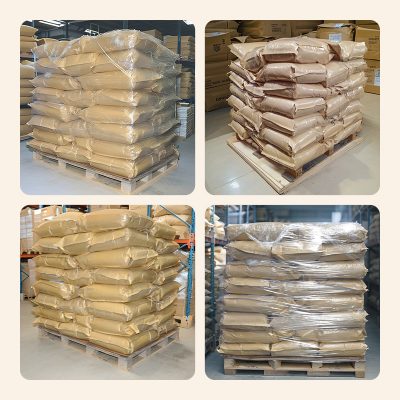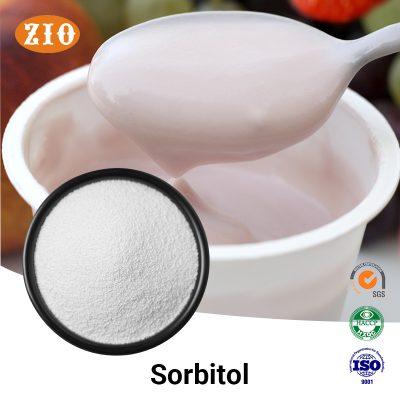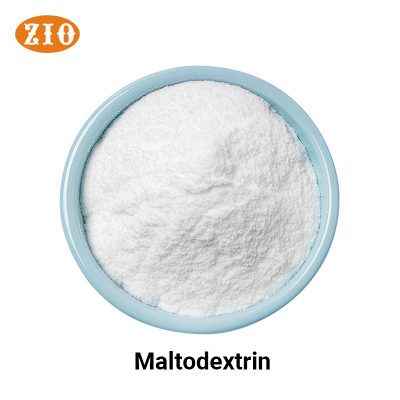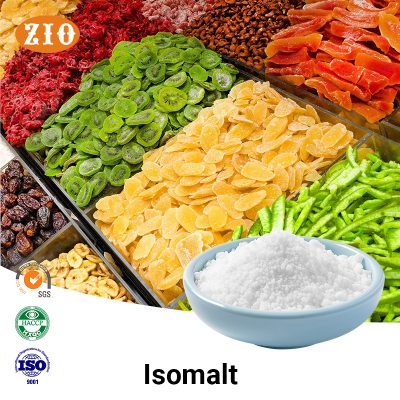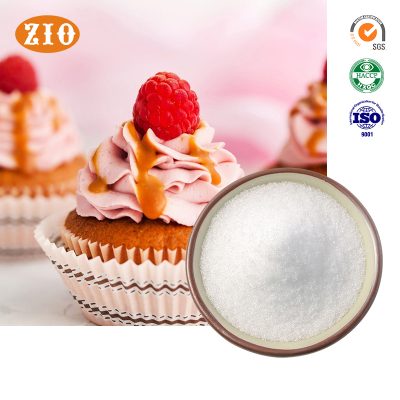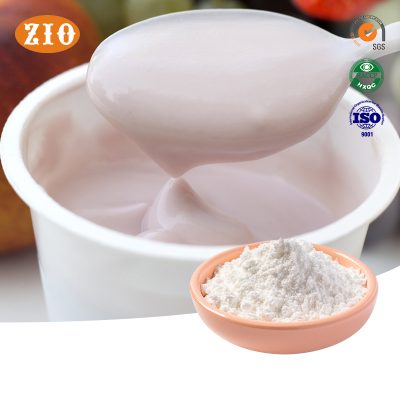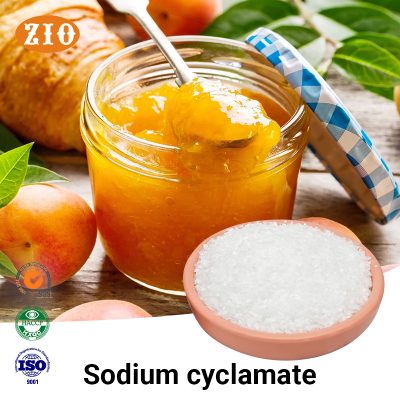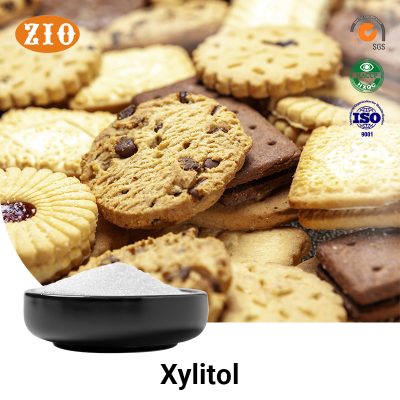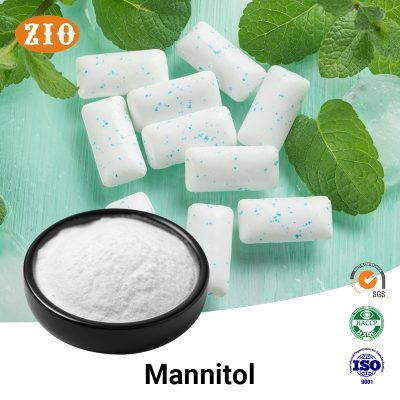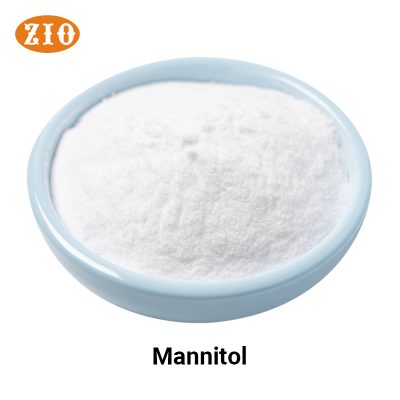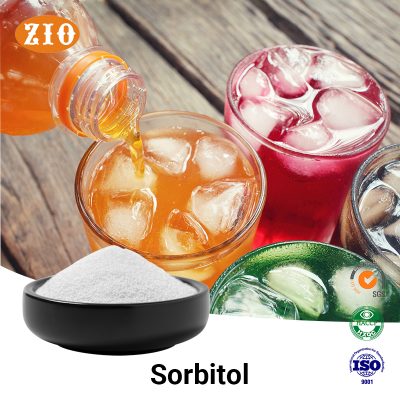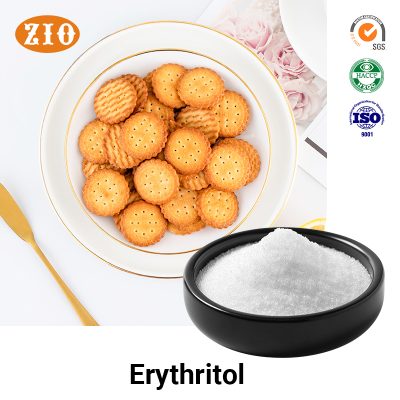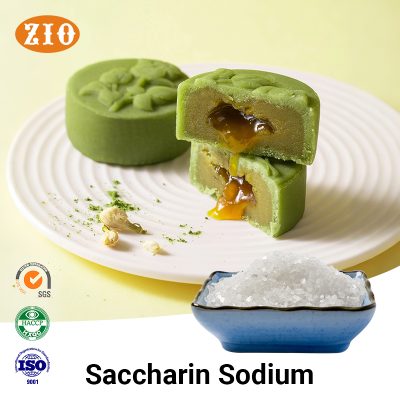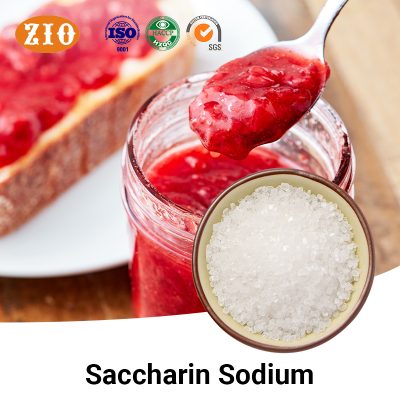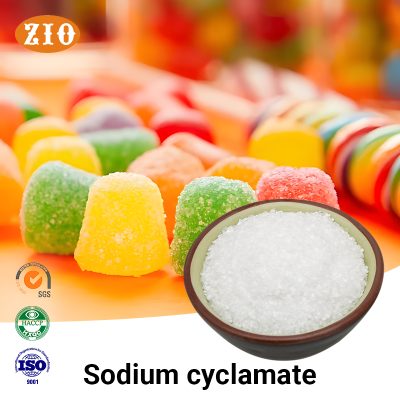Introduction
With the increasing prevalence of diabetes and blood sugar-related disorders, more people are paying attention to how sweeteners impact blood glucose. Sweeteners, as alternatives to sugar, not only provide sweetness but also help control calorie intake and blood sugar levels. However, different types of sweeteners affect blood sugar in varying ways. This article provides a comprehensive analysis of the relationship between sweeteners and blood sugar, covering scientific mechanisms, sweetener types, blood sugar management strategies, and practical applications.
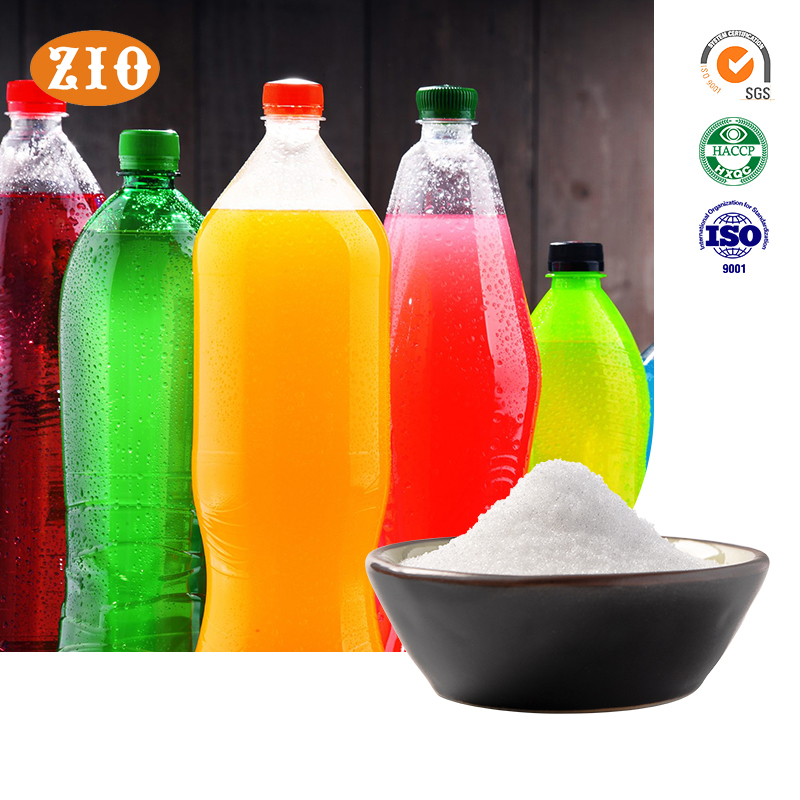
1. Basics of Blood Sugar and Human Health
Blood sugar refers to the concentration of glucose in the bloodstream, serving as an essential energy source. Fluctuations in blood sugar can directly affect health:
- High blood sugar: Long-term hyperglycemia may lead to diabetes, cardiovascular disease, kidney damage, and vision problems.
- Low blood sugar: Hypoglycemia can cause dizziness, fatigue, palpitations, and even fainting.
The body maintains blood sugar balance through hormones such as insulin and glucagon. Food intake, especially carbohydrates and sugars, affects the speed and magnitude of blood sugar increase, which is measured by the Glycemic Index (GI).
2. Types of Sweeteners and Their Impact on Blood Sugar
Sweeteners can be categorized into natural sweeteners and artificial sweeteners, each affecting blood sugar differently.
1. Natural Sweeteners
- Honey: Although naturally sweet, honey contains glucose and fructose and can raise blood sugar, but its GI is lower than sucrose.
- Stevia: Zero-calorie sweetener, does not affect blood sugar, ideal for diabetics.
- Erythritol: Almost completely unabsorbed, negligible effect on blood sugar.
- Monk Fruit Extract: High sweetness, low-calorie, minimal effect on blood sugar.
Summary: Among natural sweeteners, stevia, erythritol, and monk fruit are optimal for blood sugar management.
2. Artificial Sweeteners
- Aspartame, Sucralose, Acesulfame K: Zero-calorie sweeteners, minimal impact on blood sugar.
- Saccharin: Low or zero-calorie sweetener, negligible blood sugar effect.
Summary: Artificial sweeteners are generally suitable for those managing blood sugar, but total intake should be controlled to avoid compensatory eating.
3. Physiological Mechanism of Sweeteners on Blood Sugar
Sweeteners stimulate sweet taste receptors (T1R2/T1R3) on the tongue to produce the perception of sweetness. However, most sweeteners do not provide absorbable glucose, so they rarely raise blood sugar significantly:
- Zero-calorie sweeteners: Largely unabsorbed, blood sugar remains unchanged.
- Sugar alcohols (e.g., erythritol, xylitol, maltitol): Partially absorbed, partially fermented in the colon; glycemic response is lower than sucrose.
- Natural sugars (honey, fructose): Blood sugar rises gradually but still increases overall.
Long-term use of sweeteners may affect insulin sensitivity or gut microbiota, though research is not yet conclusive. Proper selection and combination are recommended.
4. Blood Sugar Management Strategies with Sweeteners
1. For Diabetic Individuals
- Zero-calorie sweeteners: Stevia, erythritol, sucralose, aspartame
- Low-GI natural sweeteners: Monk fruit, small amounts of honey (with blood sugar monitoring)
2. Control Total Intake and Combination
- Avoid large amounts of a single sweetener; reasonable combinations can improve taste and reduce side effects.
- In baking or beverages, a mix of sweeteners (e.g., erythritol + stevia) is recommended.
3. Overall Dietary Integration
- Eat high-fiber foods, whole grains, and protein to slow blood sugar spikes.
- Control total carbohydrate intake and avoid over-reliance on sweeteners.
5. Safety and Potential Risks
- Acceptable Daily Intake (ADI):
- Aspartame: 40 mg/kg body weight
- Acesulfame K: 15 mg/kg body weight
- Saccharin: 5 mg/kg body weight
- Potential Side Effects:
- Excess sugar alcohols: bloating, gas, diarrhea
- Some individuals may experience headaches or gastrointestinal discomfort from artificial sweeteners
- Special Populations:
- Children, pregnant women, and lactating women should monitor intake
- Individuals with phenylketonuria (PKU) must avoid aspartame
6. Practical Daily Recommendations
- Beverages: Use zero-calorie sweeteners instead of sugar-sweetened drinks
- Baking: Choose heat-stable sweeteners (e.g., sucralose, Acesulfame K)
- Home cooking: Replace part of sugar with stevia or erythritol
- Blood sugar monitoring: Observe blood sugar response during initial sweetener use
7. Conclusion
Sweeteners, as alternatives to sugar, have varying effects on blood sugar depending on type. Zero-calorie and low-GI sweeteners (stevia, erythritol, sucralose) are ideal for diabetics and individuals managing blood glucose. Proper selection, controlled intake, and integration with a healthy diet and lifestyle can effectively manage blood sugar while maintaining sweetness and taste enjoyment.


 TOP5 citric acid products sold in china by 2024
TOP5 citric acid products sold in china by 2024